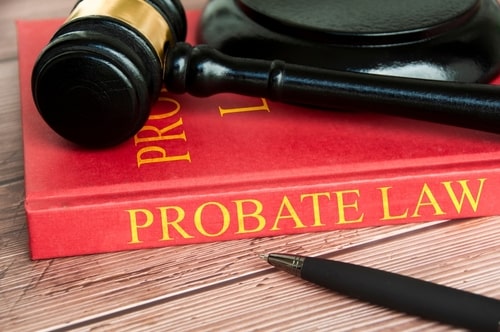Understanding Executor Responsibilities in Texas Probate
Executors play a crucial role in the probate process, responsible for managing the deceased's estate according to the will and Texas law. Their duties include gathering assets, paying debts and taxes, and distributing the remaining property to beneficiaries.
In Texas, executors must adhere to specific legal guidelines, such as filing the will with the probate court and providing notice to heirs. Failure to fulfill these responsibilities can lead to legal complications, including potential personal liability for the executor.
Common Challenges Executors Face in Probate
Executors often encounter various challenges during the probate process, such as disputes among beneficiaries, difficulties in locating assets, and navigating complex tax obligations. These issues can complicate the timely administration of the estate.
For instance, disagreements among heirs can delay the distribution of assets, while unexpected debts may require executors to liquidate estate property. Understanding these challenges is essential for executors to effectively manage the estate and minimize conflicts.
Probate Alternatives in Texas
In some cases, individuals may seek alternatives to traditional probate to expedite the distribution of assets. Options such as small estate affidavits or transfer-on-death deeds can simplify the process and reduce court involvement.
For example, a small estate affidavit allows heirs to claim property without going through probate if the total value of the estate is below a certain threshold. This can save time and legal fees, making it a valuable option for many families in Texas.
Hiring a Probate Attorney: When and Why
Engaging a probate attorney can be beneficial for executors, especially when navigating complex legal issues or disputes. An experienced attorney provides guidance on fulfilling legal obligations and can represent the executor in court if necessary.
For instance, if an estate faces litigation from dissatisfied beneficiaries, a probate attorney can help protect the executor's interests and ensure compliance with Texas probate laws. Their expertise can also streamline the process, making it less overwhelming for those unfamiliar with probate procedures.

